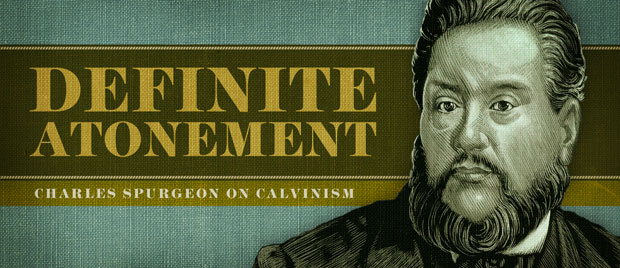Last
Week on Limited Atonement
Questions raised – What did the Atonement actually
accomplish: the ability for everyone be saved or the actual salvation of
particular people.
Problem verses & can they be reconciled?
Does God love all people equally? Does the OT seem to
be concerned with all people equally or the Jews in particular as His chosen
people?
Did Jesus die for everyone?
Does God want all people to be saved?
@@@
Last week I gave the textbook defense for LA which
comes down to a logical argument that GOD SUCCEEDS meaning: 1 – everyone
for whom God intends Christ death & atonement to save is saved. 2 – those
whom Christ has atoned for end up in heaven NOT hell.
This leaves us with 3 distinct options: need 2
volunteers
Arminians - Roy Amyraldians - me Reformed
- Eric
Christ died for all Christ
died for all Christ
died for many
The father has put all in Father Elected some to be saved Father Elected some
A save-able state to
be saved
HS woos all HS
actually converts some HS
actually converts some
Most atoned for are in Hell Most atoned for are in Hell No
one in Hell is Elect or atoned for
Christ died for those God Christ died for those God Christ
only died for
Knew would Not be saved Knew would Not be saved those
God knew
would
be saved
Amyraldiansm
like Lutheranism
is
both universal Atonement
&
a Limited Election
@@@
So what are we gonna do today?
Reiterate – that all Protestants (except Universalist
heretics) limit the atonement
Arminians & 4 pt Calvinists – limit the Atonements
success in actually accomplishing salvation & Reformed – limit its intent –
it succeeds in saving a limited # of people it was intended for
Next we’ll look at some defense for limited atonement
Arguments against:
1 – Some verses state “whosoever will come” – will be
saved. Arminians imply this means Calvinism is false. This is a straw-man
argument since Reformed believe this too, they merely believe only the
Elect will come when salvation is offered to all.
The bible does explicitly declares God freely &
sincerely offers Salvation to any who would believe – Ez 33:11, Ish 45:22,
55:1, Matthew 11:28, 23:37, 2 Peter 3:9, Rev 22:17. So all 3 are fine with
offering Salvation to all knowing not all will be saved.
2 – Universal language – many passages in John speak of
Jesus as the propitiation or Savior of the “whole world” 1 John 2:2, John 1:29,
4:42, 2 Cor 5:14-15 “He died for all,” 1 Tim 2:1-6 “ransom for all.” However
other verses clue us in that 1st Cent writers embellish for dramatic
effect like Luke 2:1 – Caesar Augustus decreed “all the world” should be
registered or Luke 2:3 so “all” went to be registered in his hometown. The
Pharisees said in John 12:19 the whole world has gone after Christ! So unless
you think all the world did repent & turn to Christ, we can see “all &
whole world” doesn’t always mean all & the whole world.
3 – Defense of Amyraldians – believe in a hypothetical
universalism = meaning Christ did die for all NOT just the Elect yet they also
believe in a Limited Election = because God knew NONE would respond in faith on
their own so He elected some whom He would impart saving faith to. *Amyraldians
is not a heresy (Roy). It’s a school of theology that holds to 4 pts of
Calvinism but not L – limited atonement. Named after Moses Amyrant & taught
by Richard Baxter & was once popular in France, England & Scotland.
Amyraldians resolves many problems between Arminians
& Reformed ideas namely the difficulty in reconciling passages that teach
Christ died for all & the limited election of Calvinism. Christ died for
all, salvation is offered to all equally BUT salvation has a condition – faith.
Who ultimately is saved & has faith? God’s Elect.
God desires all to be saved 2 Peter 3:9, 1 John 2:2
quote & Rev 22:17 quote
There is an absence of verses that explicitly limit
Christ’s atonement even verses like I lay down my life for my sheep do NOT say
that I ONLY lay down my life for my sheep that’s the difference in saying I
love Sandra & my girls & I ONLY love Sandra, I don’t care about my
girls.
Closing quote - John Calvin had this to say about John
3:16 – “It is a remarkable commendation of faith, that it frees us from
everlasting destruction…And he has employed the universal term “whosoever”, both to invite all
indiscriminately to partake of life, and to cut off every excuse from
unbelievers. Such is also the import of the term “World”;…he shows himself to be reconciled to the whole world, when
he invites all men without exception to the faith of Christ, which is nothing
else than an entrance into life.” Commentary on John, Vol. 1


